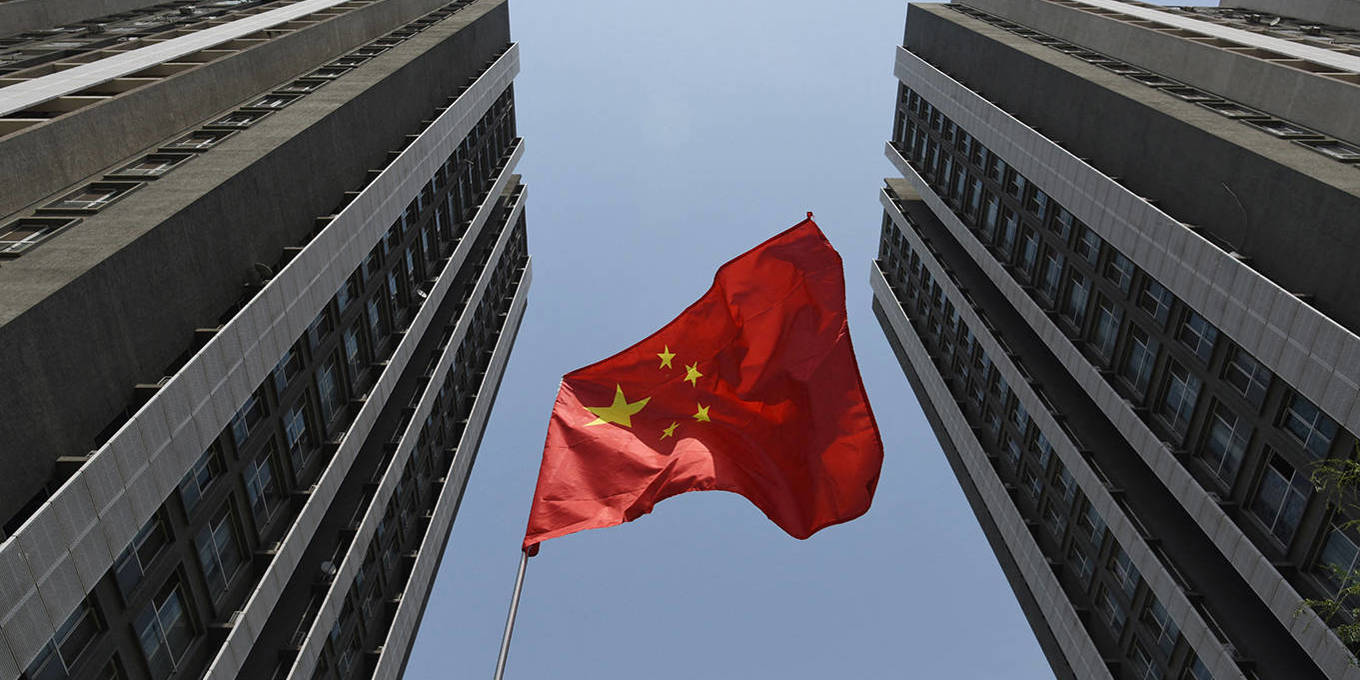by ANA PALACIO

China’s dual history of influence and subjugation may prove to be a valuable asset in adapting the international order to new realities. As a founding member of that order, China is well-positioned to balance the demands of power with the imperative of inclusion.
MADRID – Russia and China are often portrayed as partners in a quest to weaken and even destroy the rules-based international order. In reality, however, it is only Russian President Vladimir Putin who seeks that goal. Chinese President Xi Jinping, by contrast, wants to lead the way in reforming the international order, thereby establishing China as its heir and future custodian. After all, Xi reminds the West, China helped establish the current arrangements.
While World War II came to Europe in 1939, it began in Asia two years earlier, when a clash between Chinese and Japanese troops near Beijing escalated into full-scale war. By that point, China had already been resisting Japanese forces largely alone for eight years, since Japan’s 1931 invasion of Manchuria. As Japan expanded its campaign of conquest, China continued this fight, sustaining massive losses. Through determination and sacrifice, China earned its place in WWII’s “Big Four” (with the Soviet Union, the United Kingdom, and the United States). At the Cairo Conference of 1943, Chiang Kai-shek, China’s Nationalist leader, joined US President Franklin D. Roosevelt and British Prime Minister Winston Churchill as an equal. The resulting Cairo Communiqué called for Japan to relinquish the Chinese territories it had seized and established China as a principal architect of the postwar settlement. Chinese delegates attended the Bretton Woods Conference of 1944, where the International Monetary Fund was created and the groundwork for the World Bank was laid. At the San Francisco Conference of 1945, China became the United Nations Charter’s first signatory. And in the debates that produced the Universal Declaration of Human Rights in 1948, the Chinese philosopher and diplomat P.C. Chang distinguished himself by insisting that any universal framework must reflect not only the principles of Western individualism, but also Confucian notions of community, duty, and precedent. At one point, then-Chair of the UN Commission on Human Rights Eleanor Roosevelt later recalled, Chang “suggested that the Secretariat might well spend a few months studying the fundamentals of Confucianism!”
Project-Syndicate for more
